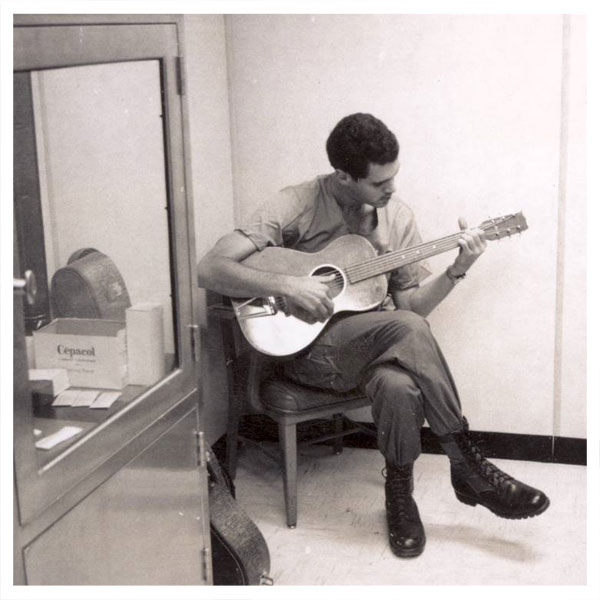The Harry Ransom Center at The University of Texas at Austin is now home to the Dean F. Echenberg War Poetry Collection. The collection was started in the early 1970s by Dean Echenberg, a flight surgeon during the Vietnam War who later became the director of disease control for the City of San Francisco during the first years of the AIDS crisis. [Read more…] about Harry Ransom Center acquires Dean F. Echenberg War Poetry collection
Vietnam War
“The Attempt to Keep Day and Night Together”
An interview with Dean F. Echenberg on his war poetry collection
The Ransom Center is the new home for the Dean F. Echenberg War Poetry collection, a collection of more than 6,500 volumes of poetry related to people’s experiences with war. The collection was begun in the early 1970s by Dr. Echenberg, a flight surgeon during the Vietnam War who later served as an emergency room staff physician in Detroit Receiving Hospital, worked in private family practice, and served as Director of Disease Control in San Francisco during the first years of the AIDS crisis. [Read more…] about “The Attempt to Keep Day and Night Together”
Celebrating the twenty-fifth anniversary of The Things They Carried
2015 marks the twenty-fifth anniversary of the publication of Tim O’Brien’s The Things They Carried, a ground-breaking meditation on war, memory, imagination, and the redemptive power of storytelling. [Read more…] about Celebrating the twenty-fifth anniversary of The Things They Carried

